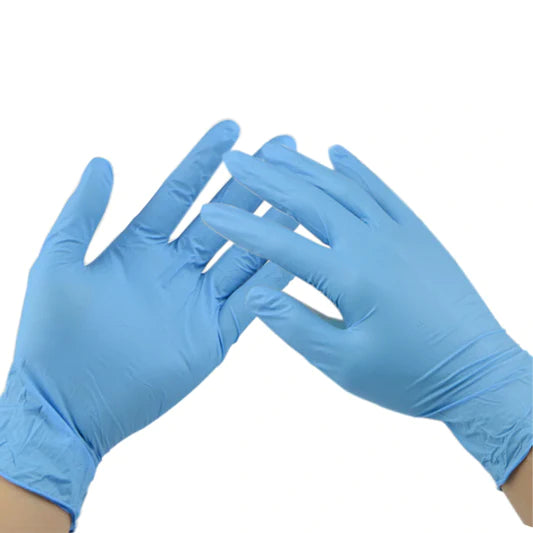
Exposure to bacteria or maintaining hygiene? What helps in preventing allergies
Share
The hygiene hypothesis claims that a lack of exposure to infectious agents, microorganisms, and parasites during early childhood weakens the development of the immune system, leading to an increase in allergies. There are several opinions about the plausibility of the hygiene hypothesis. As the years pass, more doctors support this hypothesis, with some claiming that soon this belief will be spoken of with greater confidence. I believe in the hygiene hypothesis, based on numerous studies and genuine findings in the field. Note an interesting fact - as time passes, our environment becomes more sanitized, and yet, the percentage of allergies is rising. During the early developmental stages of infants, there is an important role in building a strong and stable immune system for the future. So what can be done in an overly sanitized world? Do not avoid sending a child to kindergarten for fear of exposure to bacteria. Using sterilized water out of fear of bacteria could harm the child's immune system. Excessive use of antibiotics in the first year of a child's life may increase the risk of asthma. Exposure of the child to pets at home at an early stage in the child's life may reduce the chance of allergies at an earlier age. Of course, it is necessary to consult a doctor or a certified medical authority regarding the child's health and sending them to educational frameworks. I am only sharing knowledge and experience but am not a certified medical authority.
